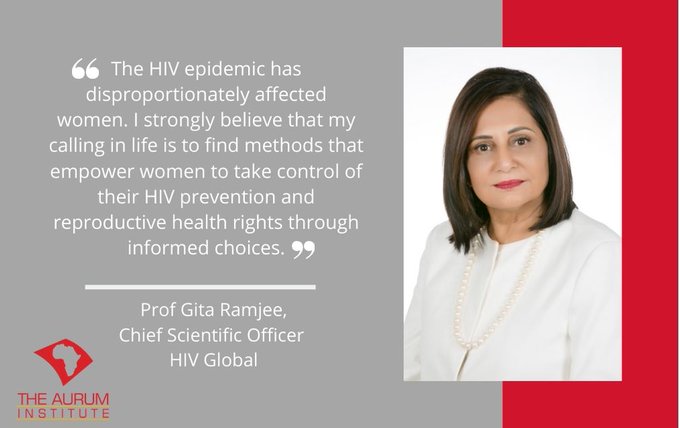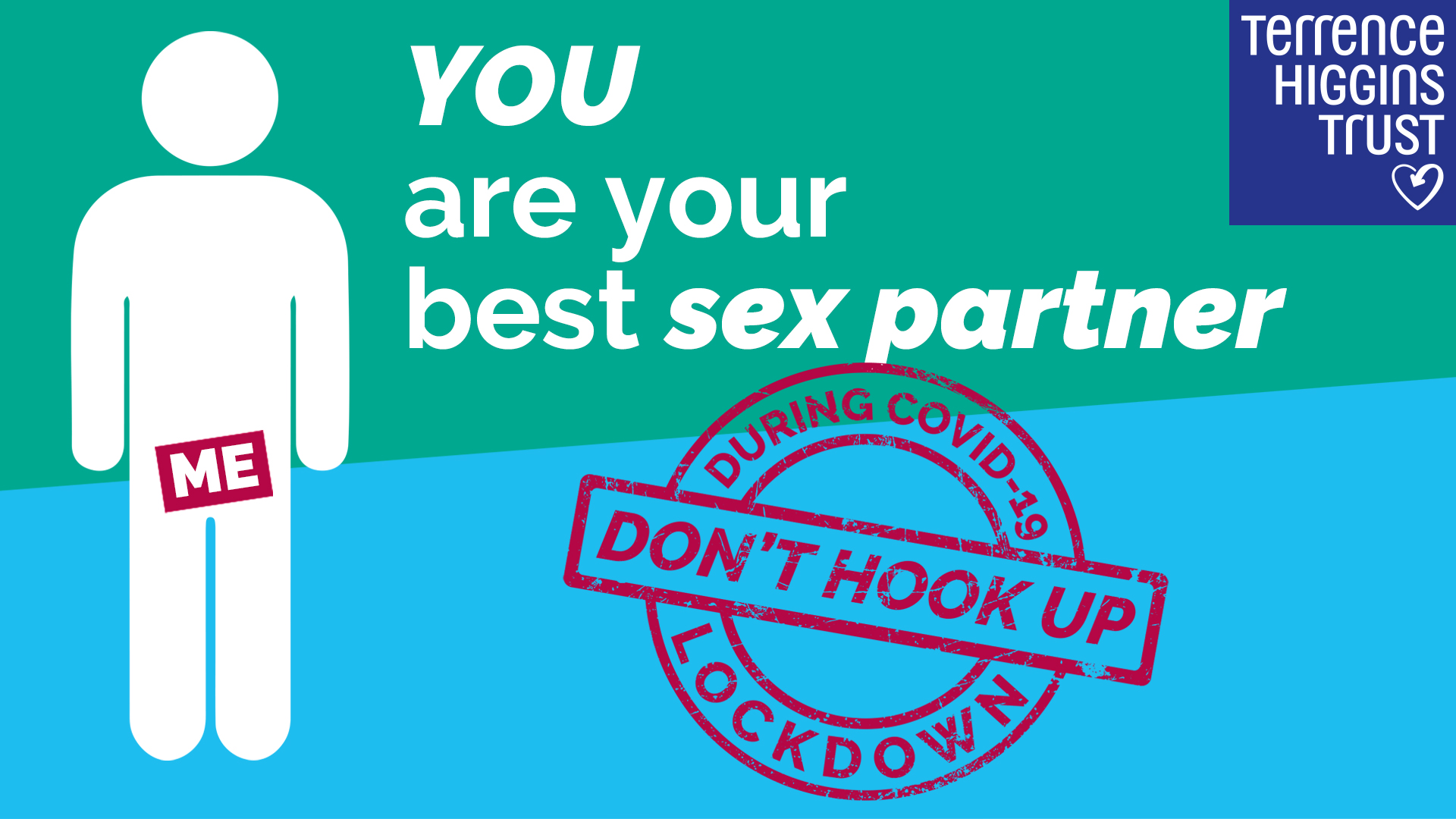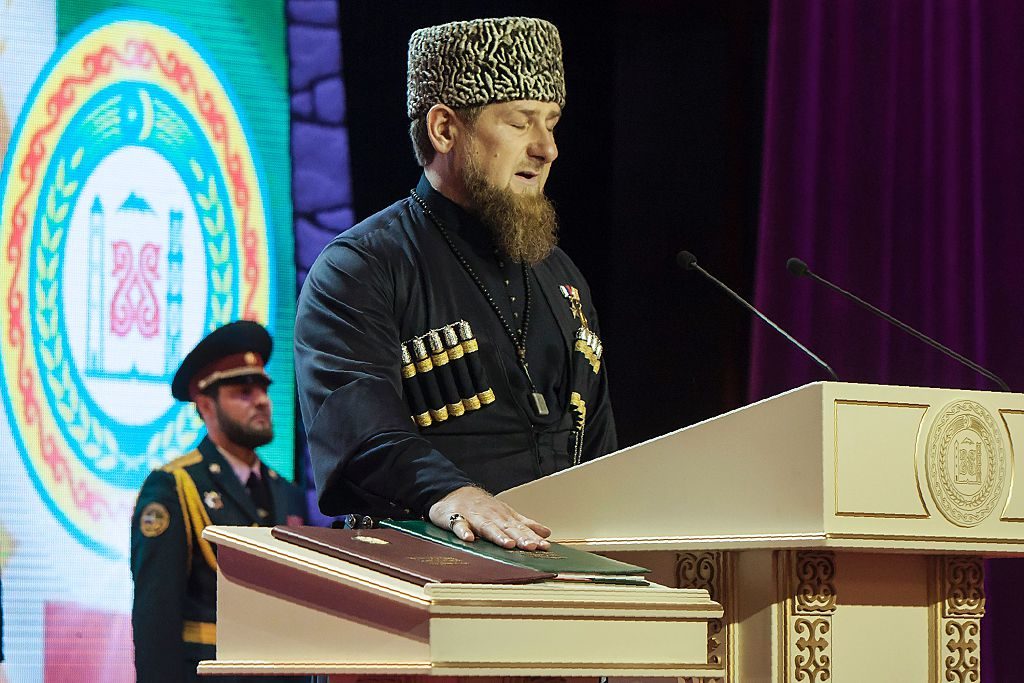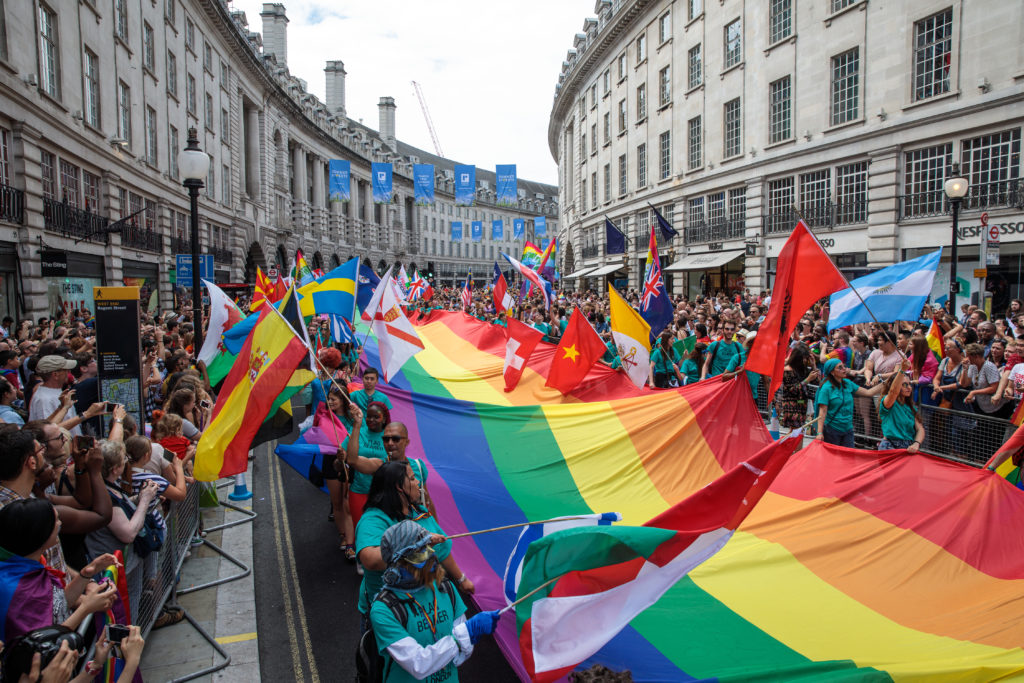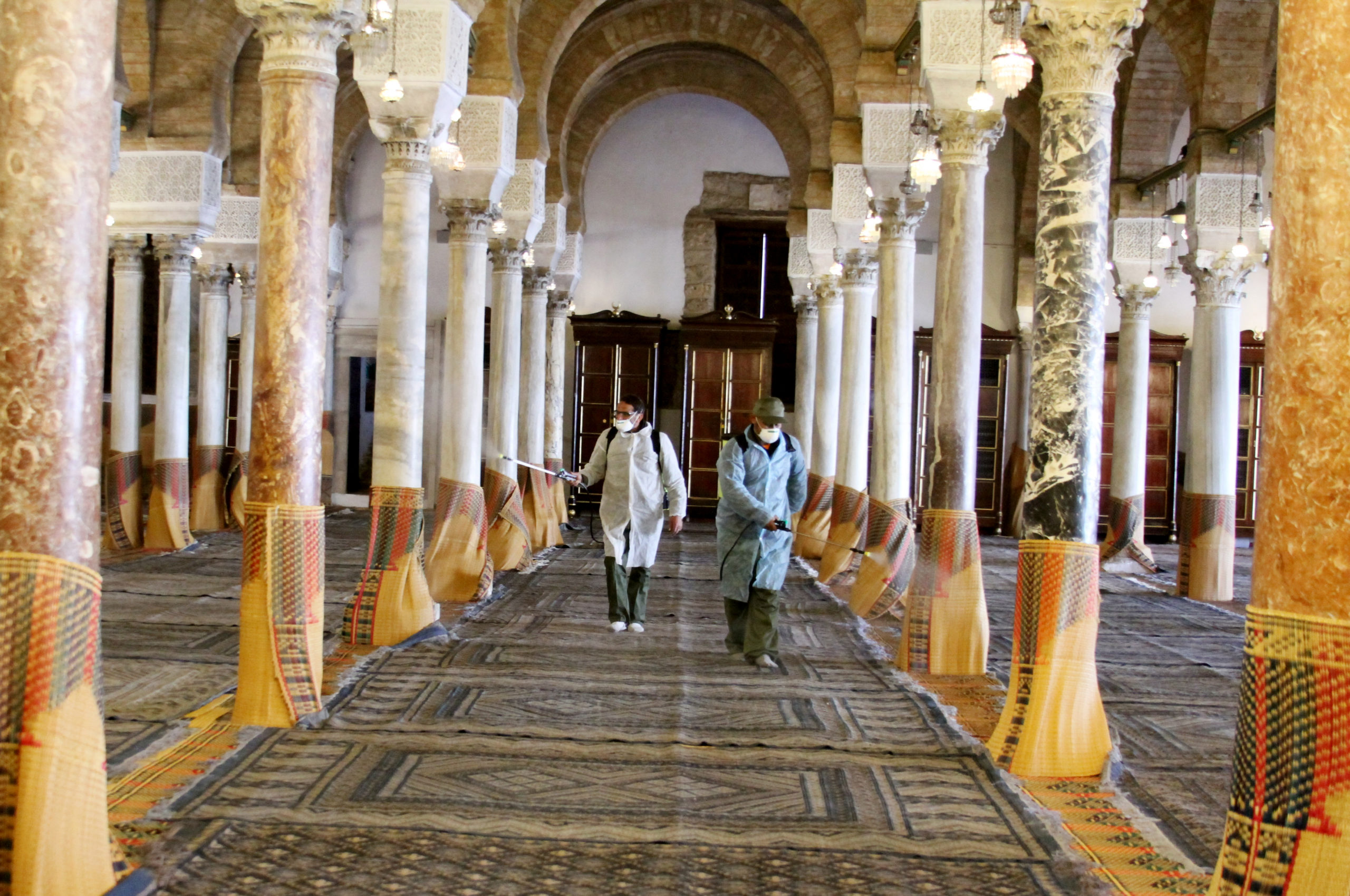Pride Organizations Announce Virtual ‘Global Pride’ Celebration
A virtual global Pride celebration is scheduled to take place on June 27.
InterPride and the European Pride Organizers Association in a press release issued on Wednesday said they are working with Pride organizations in Europe, the Americas, Africa, Asia and Oceania “to bring communities and Pride organizations together for this Global Pride event” that “will use online platforms to deliver a Pride in which everyone can participate, wherever they are in the world.”
“It will include musical performances, speeches, and key messages from human rights activists,” reads the press release.
The press release also notes the event will be live-streamed.
“We need community and connection more than ever,” said InterPride Co-President J. Andrew Baker. “This gives us an opportunity to both connect and celebrate the LGBTQIA+ community’s resilience in the face of this pandemic and the true spirit of Pride.”
The coronavirus pandemic has prompted the cancellation or postponement of hundreds of Pride celebrations around the world.
The Capital Pride Alliance on Monday announced it has postponed all of its Pride-related events that were scheduled to take place in May and June. The Center for Black Equity has also cancelled its annual D.C. Black Pride that takes place over Memorial Day weekend.
LA Pride has also been postponed.
“The unprecedented challenges of COVID-19 mean that most Prides will not take place as planned in 2020, but we’re determined that this won’t stop us from coming together as a united, strong LGBTQIA+ community to celebrate who we are and what we stand for,” said European Pride Organizers Association President Kristine Garina, who chairs Baltic Pride in the Latvian capital of Riga, in a press release.
“Global Pride will show the LGBTQIA+ movement for the very best it can be, showing solidarity at a time when so many of us are mourning and strength when so many of us are feeling isolated and lonely,” added Garina. “Above all, we will show our resilience and determination that Pride will be back bigger and stronger than ever before.”
Capital Pride Alliance Executive Director Ryan Bos on Wednesday said his organization will participate in the event.
“We will be participating and look forward to us all thinking outside the box as to how we can celebrate and have Pride,” Bos told the Washington Blade in an email.

